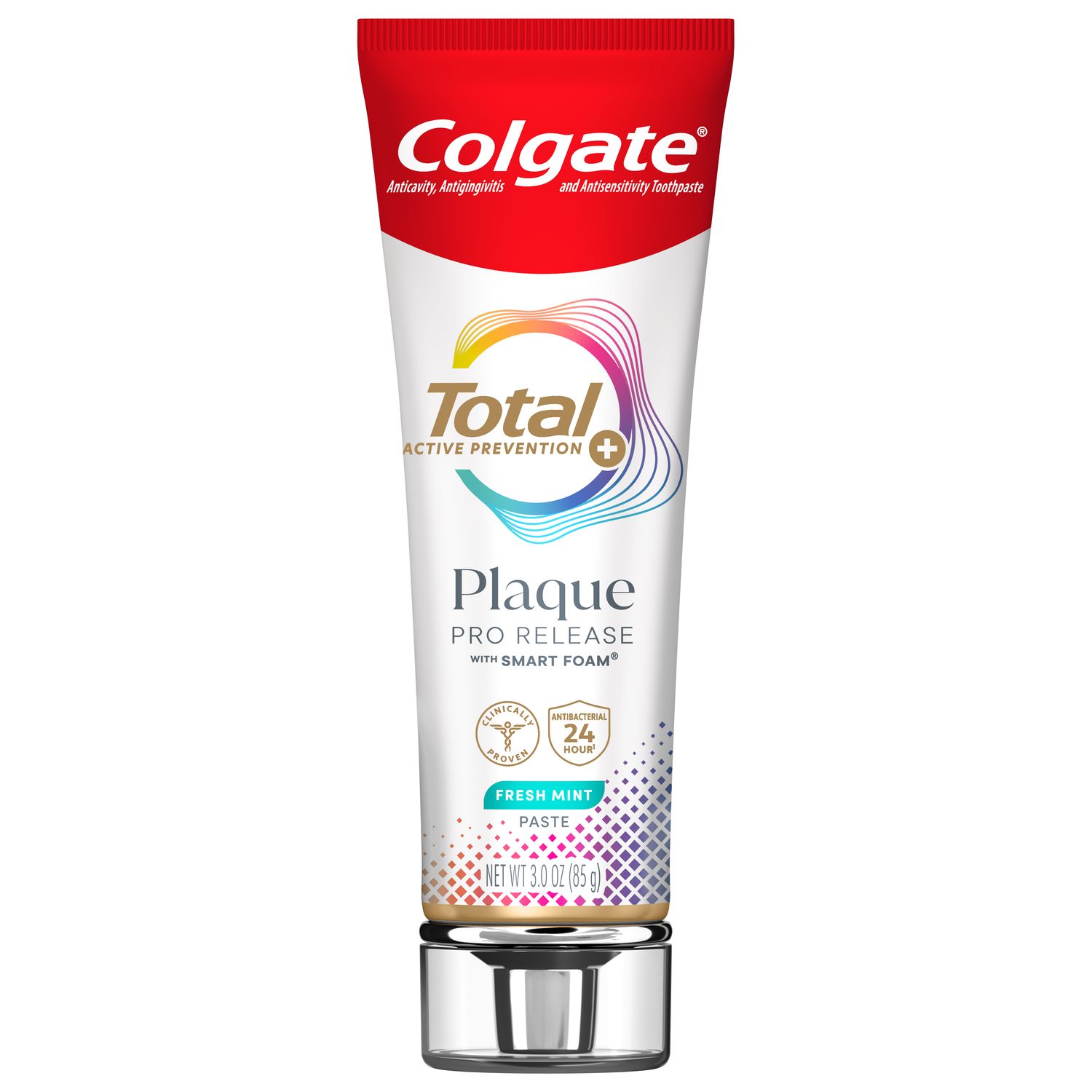
Dental schools don't officially teach students how to find a mentor. They place students in guided clinics and classes under direct mentorship from expert dentists, but it's up to each person to reach out and forge a connection. Forming and maintaining a strong mentor-mentee relationship is key to personal and professional growth throughout your career.
Meeting My Mentor
The value of mentorship happened to be something I learned by chance. In my first clinic job, my wide, wondering eyes gave away how new I was. I wanted to take in every process and later to look for improvements to make. When it was time to place orders for products, I'd scout the books carefully, drawing my finger across every page of the manual despite knowing what the office needed. When browsing the schedule, I'd analyze every empty space, wondering how our time could be filled to meet our patients' needs. I wanted to learn and grow, but I needed a guide to focus my aspirations and goals.
The senior dentist in this office was a tall, jovial man with an effervescent passion for dentistry. He had been in dentistry for a long time, and continued to learn and add new technologies to his patient care. He was at the cutting edge of dentistry and focused on patient experience. He cared about the employee experience, too, and my wide-eyed enthusiasm didn't escape his attention.
Life Lessons
"Mirissa," the head dentist called out one day, welcoming me into his office. "Did you ever drill into the shell of a hard-boiled egg while trying not to touch the egg white? In dental school, that's what we would do to learn the great importance of a millimeter."
I smiled. I'd done similar millimeter depth exercises, but only on typodont teeth.
"You have to hit the egg white a few dozen times before getting it right," he continued. "You have to try and sometimes fail to make great growth." I suddenly understood how an egg could be relevant to me.
"In business, too, your chances will be much bigger than a millimeter, and some of them will fail," my mentor said. "But that's how you learn and grow. You seem to have a lot of ideas looking around the office. Write them down and try them out."
He put his trust in my ideas, and handed me the opportunity to learn and explore every millimeter of the dental business. In that exploration, I found personal and professional growth.
Why Find a Mentor?
An experienced dental professional has strengths where you may have weaknesses. In a strong mentorship relationship, like the one I was fortunate to stumble into, you learn about practice management and patient care in a way that no book can teach you. You learn how to put your creative touch on the business management process while keeping the patient first. And you find energy and joy in investing time and creativity in the mentorship process.
Once you find a mentor, it's key to keep up the relationship beyond your student years. Learning doesn't stop once you graduate! Catching up with your mentor in person is best, but phone and video calls let you check in if you don't live or work near each other.
How To Find a Mentor
There are a few steps you can take to search for a possible mentor and make your relationship even stronger:
- Request conversations with potential mentors, such as a professor or a supervisor, to discuss their experiences and practices. If the relationship is right, the mentor-mentee dynamic will emerge naturally.
- If you're having trouble finding a mentor, ask friends and colleagues if there is anyone they think you should meet. Meeting a colleague of a colleague can be less intimidating than making a cold call.
- Shadow your mentor and take note of things they do well that you aspire to do. Keep a list of goals for yourself based on your mentorship.
- Ask specific questions and request honest feedback. As the relationship develops, the goals can change; but with goals, you'll never run out of topics of conversation. (If you do, remember: Your mentor has a wealth of stories and experiences to share!)
- Ask what you can contribute to the relationship. Is there anything you can teach your mentor? You may be surprised.
- Express gratitude. Let your mentor know that they have been instrumental in your professional life. If you disagree occasionally, respect your mentor and the relationship the two of you have developed.
Learning how to find and keep a good mentor can catapult your career and growth as a dentist. Despite any nervousness you may feel about approaching someone, put yourself and your patients first, and seek that mentor in your life. Everyone needs one, and you may be just one coffee away from finding yours.
Join us
Get resources, products and helpful information to give your patients a healthier future.
Join us
Get resources, products and helpful information to give your patients a healthier future.













